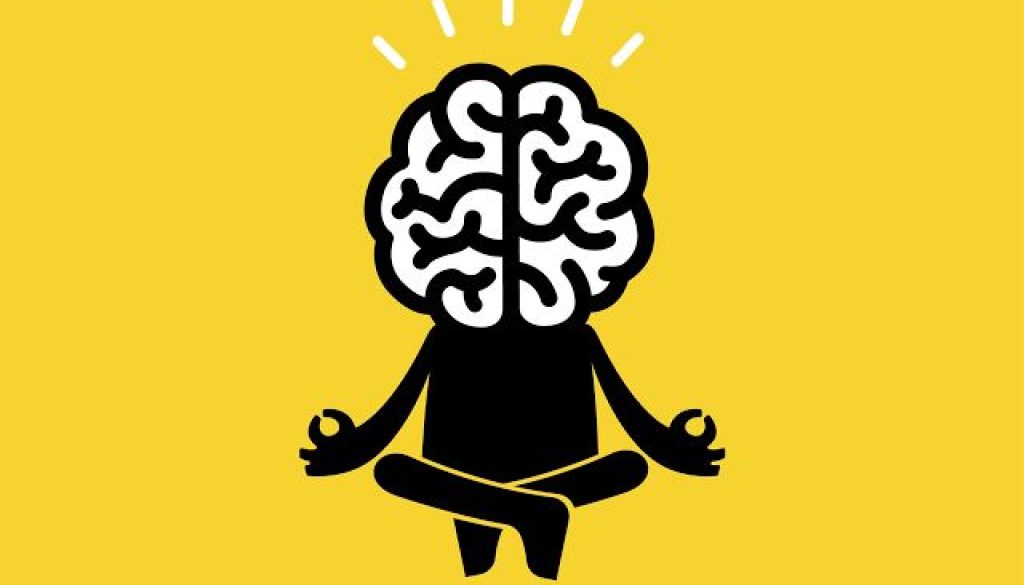How Childhood Friendships Shape Adult Mental Health
Childhood friendships play a significant role in the development of mental health and emotional well-being. These early relationships provide a foundation for how we interact with others, cope with stress, and develop self-esteem. Friendships during childhood are more than just fun and games—they help shape how we see ourselves and relate to others as we grow into adulthood. In this article, we will explore the lasting impact of childhood friendships on adult mental health and well-being.
The role of childhood friendships in emotional development
Building social skills
Childhood friendships are essential for developing key social skills such as communication, empathy, and conflict resolution. These skills are learned through interactions with friends, as children navigate shared experiences, express emotions, and negotiate differences. The ability to communicate and resolve conflicts effectively becomes a foundation for healthy relationships later in life.
Fostering self-esteem
Having friends in childhood contributes to the development of a positive self-image. The feeling of being accepted by others during formative years helps build self-confidence and security. These early experiences of friendship offer validation and encouragement, which can translate into higher self-esteem and better emotional regulation as adults.
Providing emotional support
Friendships during childhood serve as an important emotional support system. When children face challenges such as family issues, academic pressures, or bullying, having a trusted friend can help them feel understood and less isolated. These early experiences of emotional support teach children how to seek help and lean on others during difficult times, which can influence how they manage emotions and stress in adulthood.
The impact of childhood friendship experiences on adult mental health
Positive friendships lead to better mental health outcomes
Research has shown that individuals who had strong, supportive friendships during childhood tend to have better mental health outcomes as adults. They are more likely to have higher levels of resilience, better coping mechanisms, and healthier relationships in their adult years. These positive childhood friendships serve as a model for future relationships and emotional well-being.
Negative childhood friendships and their consequences
Not all childhood friendships are positive, however. Toxic friendships or experiences of bullying can have lasting effects on mental health. Children who experience rejection, exclusion, or constant conflict in their early friendships may develop issues with trust, social anxiety, or low self-esteem. These negative experiences can make it harder to form secure, healthy relationships as adults and may lead to challenges with emotional regulation and interpersonal communication.
Attachment styles and childhood friendships
Attachment theory suggests that early relationships with caregivers influence how we form attachments in adulthood. Childhood friendships are an extension of this process. Secure, positive friendships in childhood foster healthy attachment styles, leading to more fulfilling adult relationships. On the other hand, insecure attachments formed through negative friendship experiences can result in difficulty trusting others or maintaining emotional closeness in adult relationships.
Friendship continuity and mental health
For some individuals, childhood friendships continue into adulthood, providing a sense of continuity and emotional stability. Long-lasting friendships from childhood can serve as a buffer against stress and life’s challenges, offering a consistent source of support. For others, the loss of childhood friends due to changes in life circumstances can create feelings of grief or a sense of disconnection, which can impact mental health.
How to nurture positive friendships for better mental health
Foster empathy and open communication
One of the best ways to ensure that childhood friendships translate into healthy adult relationships is by fostering empathy and open communication. Encouraging children to understand and express their emotions, as well as listen to others, creates a strong foundation for future relationships. These skills help prevent misunderstandings and support emotional well-being.
Provide emotional support and validation
Supporting children emotionally by validating their feelings and offering comfort in times of distress helps them understand the importance of emotional support in relationships. Children who grow up with emotionally supportive friendships are more likely to seek and provide support as adults, improving mental health throughout their lives.
Encourage diversity in friendships
Encouraging children to develop friendships with peers from diverse backgrounds helps them build adaptability and understanding. These friendships teach valuable lessons in inclusivity, reducing the risk of developing biases or emotional barriers later in life. Exposure to diverse perspectives in childhood also contributes to emotional intelligence and resilience as adults.
Model healthy relationships
Adults who model healthy friendships and relationships for children teach them what it looks like to communicate, resolve conflicts, and support each other. Healthy role models help children form positive expectations about how relationships should function, promoting emotional security and healthy attachment patterns.
Conclusion
Childhood friendships are not only an important part of a child’s social development but also play a pivotal role in shaping adult mental health. Positive childhood friendships can lead to stronger self-esteem, better emotional regulation, and healthier relationships in adulthood. However, negative friendship experiences or unresolved emotional issues can have lasting consequences. By nurturing positive friendships, encouraging emotional support, and modeling healthy relationship behaviors, we can help children build the foundation for lifelong mental well-being.



